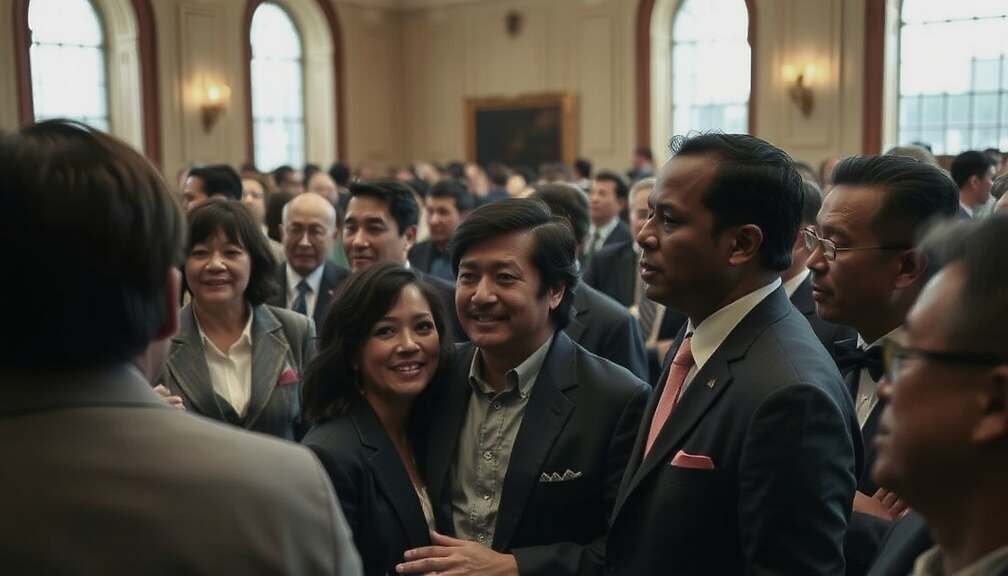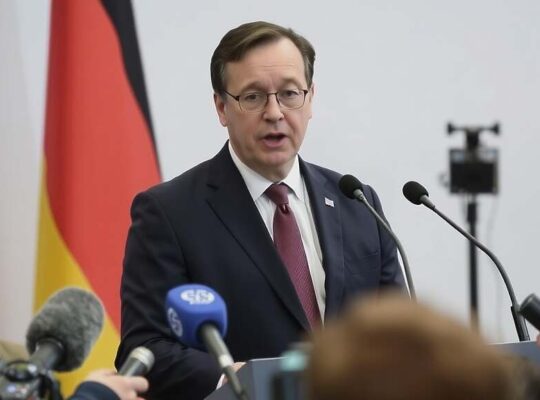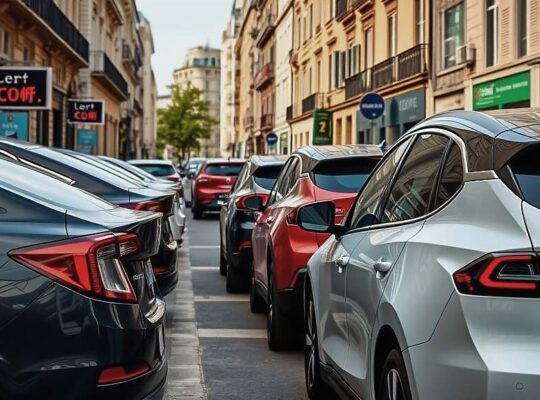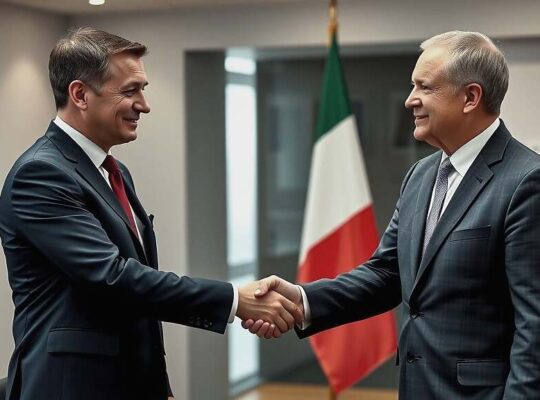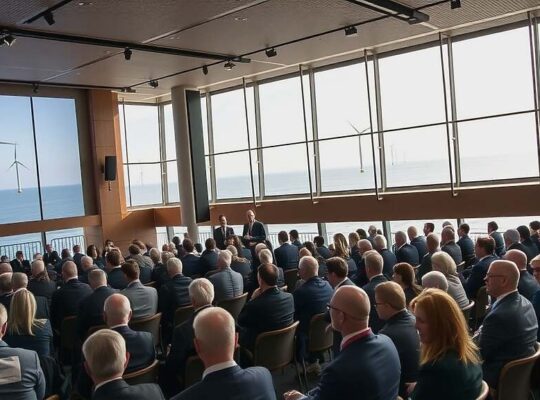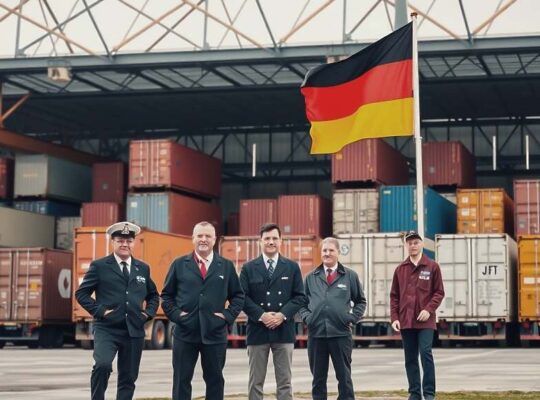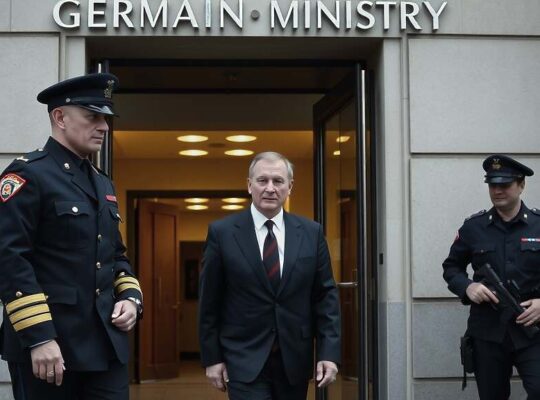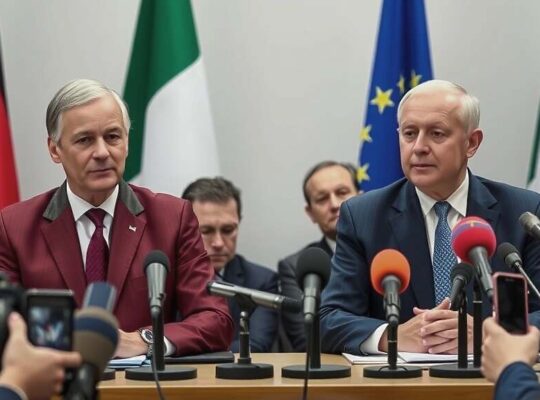The formal sealing of an agreement between Hamas and Israel transpired on Monday at a high-profile summit held in Sharm el-Sheikh, drawing participation from leaders representing 31 nations. While the event featured prominent figures like US President Donald Trump, German Chancellor Merz and Palestinian President Abbas, notably absent were direct representatives from both Israel and Hamas.
Israeli Prime Minister Benjamin Netanyahu’s abrupt withdrawal from the proceedings at midday, citing scheduling conflicts with a national holiday, immediately drew scrutiny, with reports suggesting pressure from Turkish President Recep Tayyip Erdogan was a contributing factor. This absence underscored the complexities and potential fissures surrounding the agreement’s implementation, particularly given the ongoing sensitivities between Turkey and Israel.
Egyptian President Abdel Fattah al-Sisi, opening the summit, emphasized the crucial need to solidify a lasting ceasefire. He conveyed a cautious optimism regarding President Trump’s potential to broker a broader peace, a sentiment echoed throughout the proceedings. Sisi also requested US assistance in securing funding for a planned reconstruction conference for the Gaza Strip, slated to be co-hosted by Egypt and Germany in Cairo this November. Trump acknowledged Egypt’s integral role in the recent agreement and alluded to ongoing negotiations concerning other aspects of his plan to resolve the Gaza conflict, though specifics remained elusive.
Earlier in Jerusalem, addressing the Knesset, Trump proclaimed a “new era of peace” following the release of Israeli hostages. His words, heavily praising Netanyahu’s leadership and acknowledging support from Arab nations, served to reinforce the perception of a rapprochement, yet ignored the underlying issues fueling the continued instability. Netanyahu, in turn, lauded Trump’s involvement and pledged commitment to the emerging peace framework.
The planned bestowal of Israel’s highest civilian honor upon President Trump further signals a deepening alliance, however, the absence of direct dialogue with Hamas at the summit raises questions about the sustainability and inclusivity of this newly formalized accord. Critics argue that excluding the very party crucial for long-term stability effectively renders the framework a symbolic gesture rather than a genuine step towards a lasting resolution and relies heavily on US influence, introducing a potential fragility dependent on shifting geopolitical priorities. The true test of this agreement will now lie in its practical application and in the willingness of all stakeholders, including those not present at Sharm el-Sheikh, to engage in meaningful and constructive dialogue.


